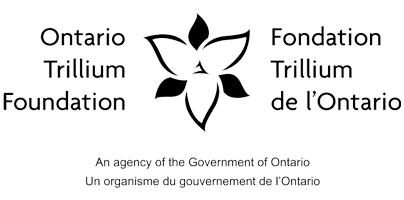Reconciliation Ceremony
A Message from Mayor Bazzoni and the Community of White River Regarding Reconciliation
For those who were unable to attend Friday's Reconciliation Ceremony with our friends from Netmizaaggamig Nishnaabeg (Pic Mobert First Nation). Here is what Mayor Bazzoni presented to those in attendance.
"I would like to begin with a traditional land acknowledgement and bow our heads in respect for the lands we occupy.
We, as Mayor and Council acknowledge that the Township of White River is located within the 1850 Robinson-Superior Treaty territory on the unceded and exclusive lands of Netmizaaggamig Nishnaabeg people
We recognize the historic and contemporary use and occupancy that the Netmizaaggamig Nishnaabeg people have to their traditional territory.
We acknowledge that we have a duty to care for the land, the waters, and the air so that for generations to come, the land, the waters, and the air will continue to give life.
We are committed to authentic mutual respect, cooperation, and understanding between Netmizaaggamig Nishnaabeg and the Township of White River.
I am proud to stand alongside our friends from Pic Mobert First Nation today in a show of solidarity and support between our two communities.
Pic Mobert First Nation and White River have long enjoyed a close relationship that has brought prosperity and crucial development to both communities.
Without Pic Mobert First Nation, White River Forest Products and the Northern Neighbours Nurse-Practitioner Led Clinic wouldn't have been possible. We continue to work together to strive for important infrastructure that increase the quality of life of the people of Pic Mobert and White River.
We deeply value our relationship with Pic Mobert First Nation and push for a better future for both of our communities, together.
Today however, we stand together to offer our undivided support and acknowledge the undue hardships that indigenous peoples have had to endure for hundreds of years.
Recent news has exposed the horrific events that unfolded within residential schools from their inception in the 1830s, to as recently as 1996.
This may be a recent revelation for some, but for those who lived these experiences it is nothing new and deeply personal.
Generations of indigenous children were routed from their homes and forced to attend schools that were designed to destroy families, cultures, and identities.
It was only 25 years ago that children were taken from their families and made to attend these institutions.
Those that attended those schools, or knew someone who did, live with the scars of those tragedies.
It is our hope that by acknowledging these events, and striving towards equitable treatment of indigenous peoples, we can work together to educate, reconcile the atrocities of the past, and begin healing these wounds.
Thank you to our friends from Pic Mobert First Nation, and thank you to all in attendance for joining us in this ceremony."

